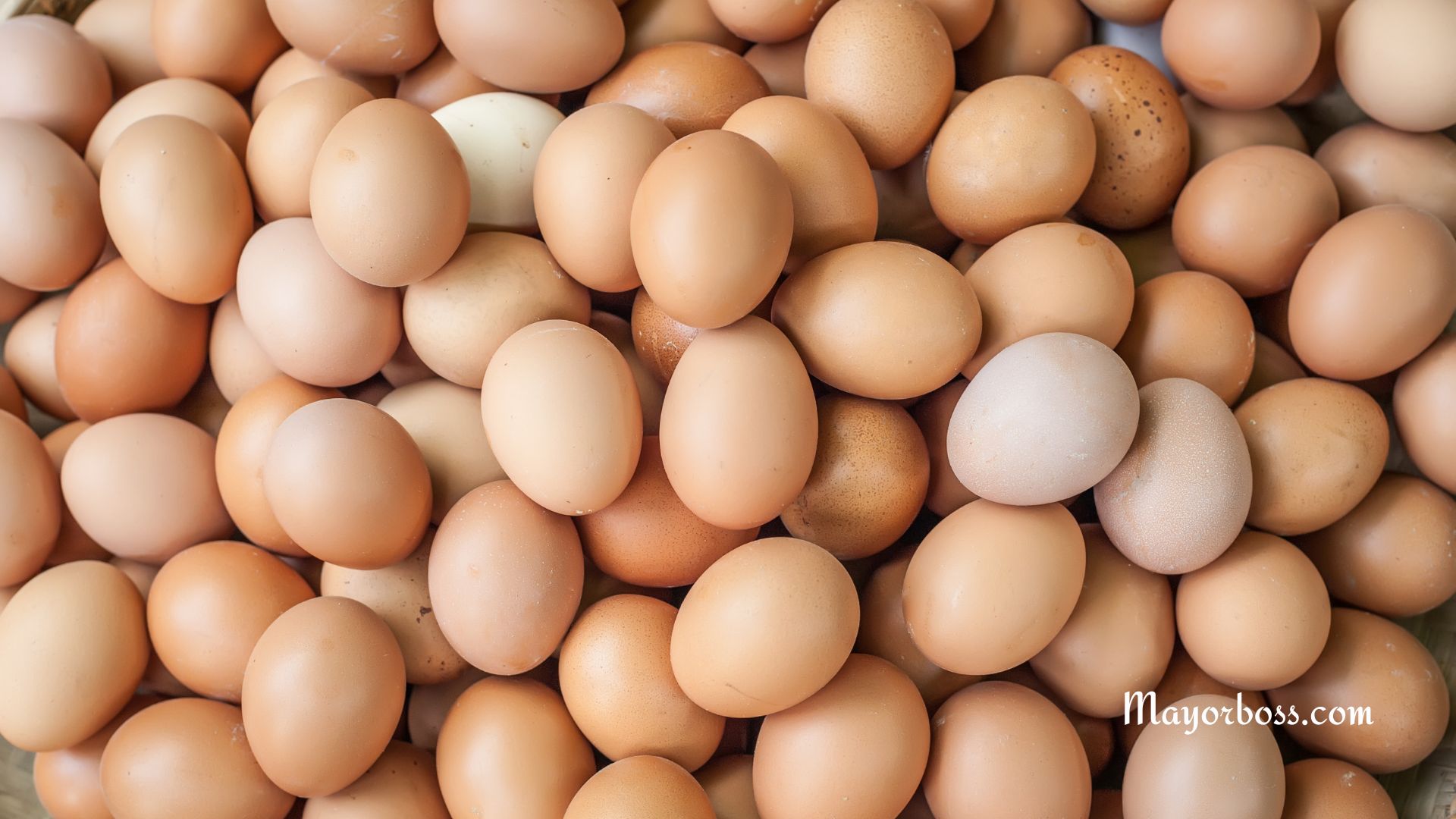Can You Freeze Eggs?
Freezing eggs can be a convenient way to extend their shelf life. While you shouldn’t freeze eggs in their shells, various methods allow you to freeze the whites, yolks, or a combination of both. Doing so correctly can make your eggs last much longer and come in handy for future recipes.

Why Would You Want to Freeze Eggs?
You might find yourself with extra eggs and wonder how to keep them fresh for longer. Freezing eggs can solve this problem by providing a longer shelf life. It’s also a great way to have eggs readily available for cooking and baking when you need them.
The Do’s and Don’ts of Freezing Eggs
Don’t Freeze Eggs in Their Shells
If you try to freeze eggs in their shells, the water content inside will expand as it turns into ice. This can cause the shell to crack, exposing the egg to bacteria.
Do Crack and Separate Eggs
Before freezing, crack the eggs and separate the yolks and whites, if necessary. You can also whip them together.
Do Use Proper Containers
Store the eggs in airtight containers to prevent freezer burn and the absorption of unwanted flavors. Plastic bags, glass jars, or silicone molds work well.
How to Freeze Egg Whites, Yolks, and Whole Eggs
Freezing Egg Whites
Egg whites are the easiest to freeze. Simply pour them into an airtight container, label it, and place it in the freezer. They can last up to 12 months.
Freezing Egg Yolks
Egg yolks can be a bit trickier. Since they have a gel-like consistency, you’ll need to add a pinch of salt or sugar to prevent them from becoming too thick when frozen. Mix well before transferring to an airtight container.
Freezing Whole Eggs
For whole eggs, whisk the yolks and whites together until well blended. Pour the mixture into an airtight container and freeze.
Thawing Frozen Eggs
Refrigerator Method
The best way to thaw frozen eggs is by placing them in the refrigerator for several hours or overnight.
Water Bath Method
For a quicker method, you can also submerge the airtight container in a bowl of cold water until the eggs thaw.
Using Frozen Eggs in Recipes
Once thawed, frozen eggs work well in recipes that require eggs as a binding or leavening agent, such as cakes or muffins. However, they might not be suitable for recipes where the texture of the egg is crucial, like in fried or poached eggs.
Safety Precautions
Check for Spoilage
Before freezing or thawing, always check for signs of spoilage, such as an off smell or change in color.
Label Containers
Don’t forget to label your containers with the date of freezing to keep track of their shelf life.
Observe Food Safety Guidelines
According to the USDA, frozen eggs can last up to one year if stored properly. However, it’s essential to follow all food safety guidelines to ensure the eggs are safe to consume.
So, yes, you can freeze eggs. Just make sure to follow these tips and tricks for the best results.
Further Reading: Should You Wash Eggs Before Using Them?






